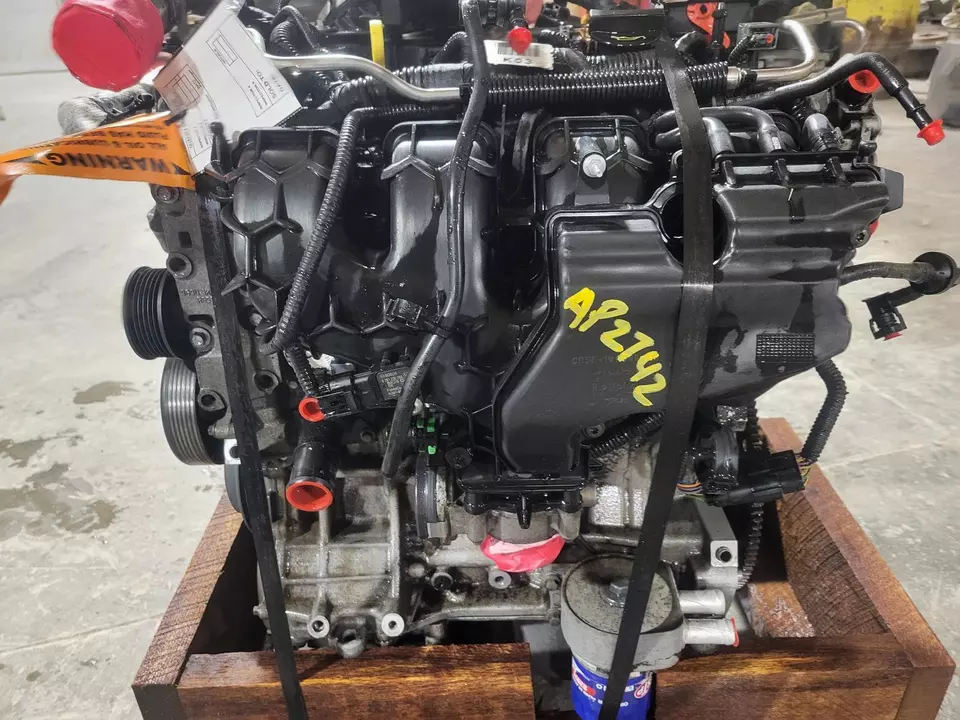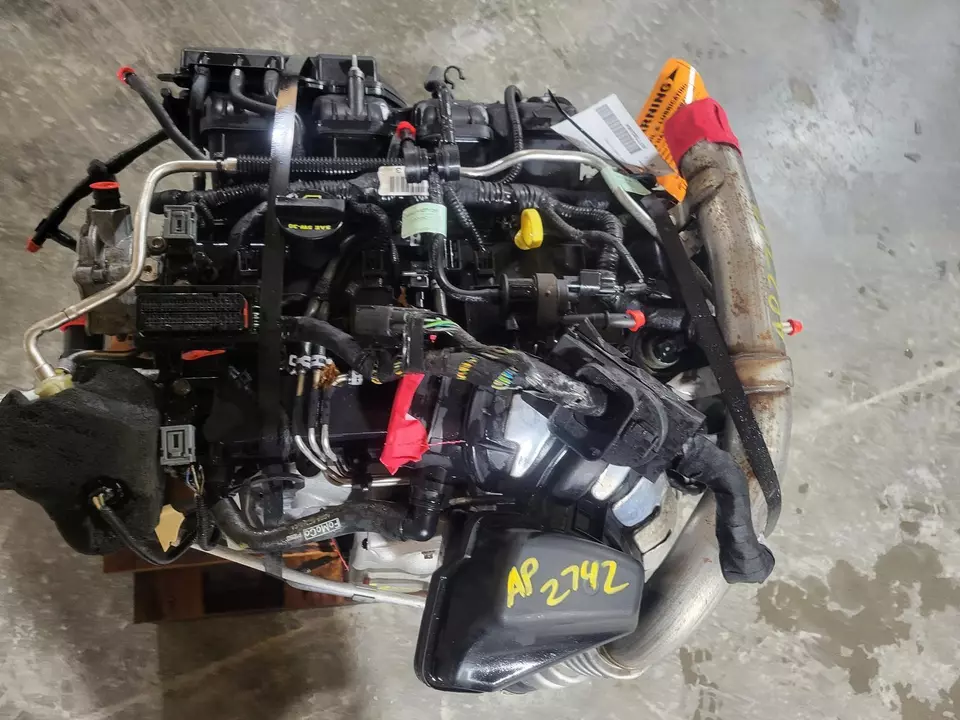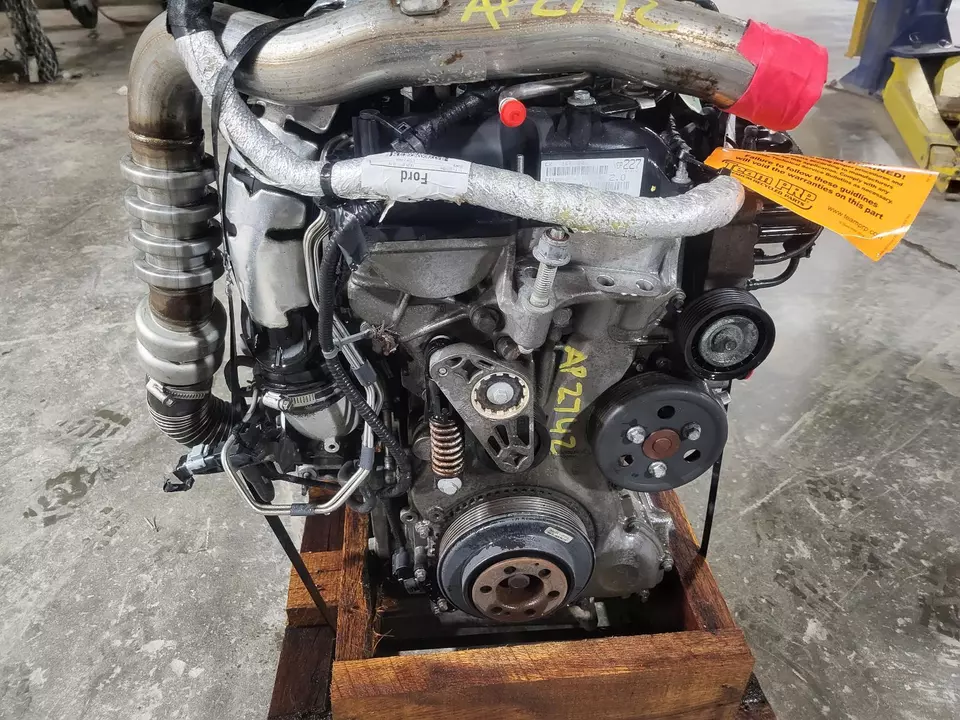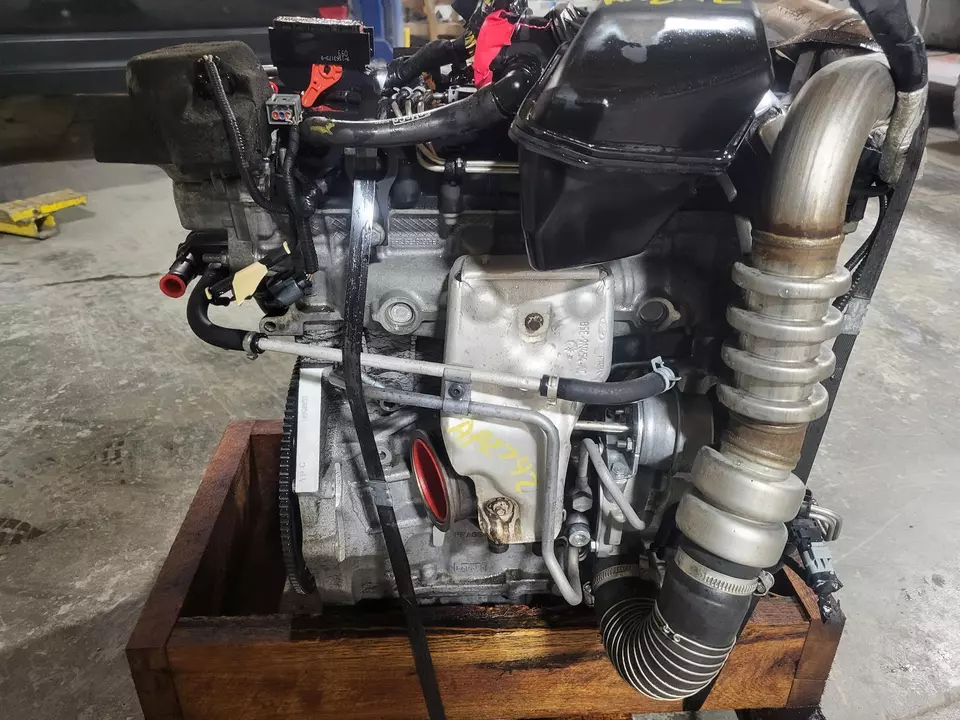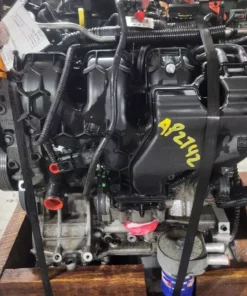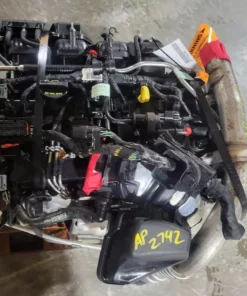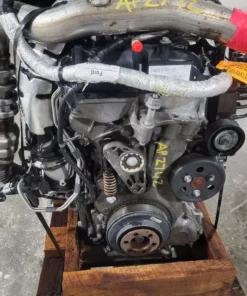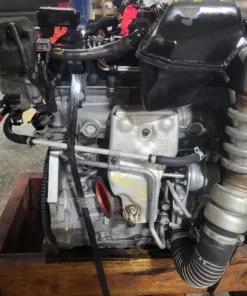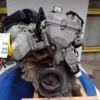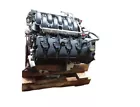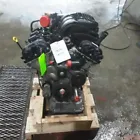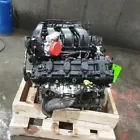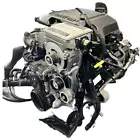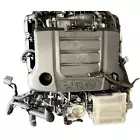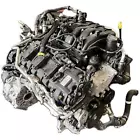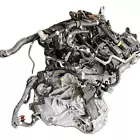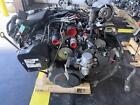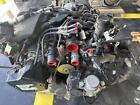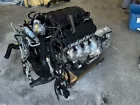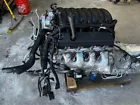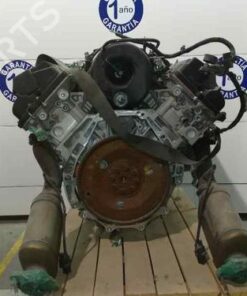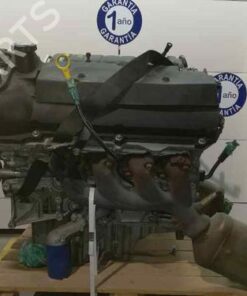The Ford Explorer 2.0L Engine refers specifically to models equipped with the Ford Explorer 2.0L Engine. Here’s a detailed breakdown of that engine and its application in the Explorer:
Ford Explorer 2.0L Engine (I4 Turbo) Overview
-
Displacement: 2.0 liters (1999 cc)
-
Configuration: Inline-4, turbocharged, direct fuel injection
-
Fuel Type: Gasoline
-
Turbocharger: Yes (single-scroll or twin-scroll, depending on year)
-
Horsepower:
-
240 hp @ 5,500 rpm (2011–2014 Explorer)
-
245 hp @ 5,500 rpm (2015–2017 Explorer)
-
-
Torque:
-
270 lb-ft @ 3,000 rpm
-
-
Transmission:
-
6-speed automatic
-
-
Drivetrain:
-
Originally FWD only (2011–2014)
-
Later versions may support AWD configurations
-
Model Years with Ford Explorer 2.0L Engine
-
2012–2015 Ford Explorer: The Ford Explorer 2.0L Engine was offered as an optional engine.
-
2016–2017: Replaced by the slightly larger 2.3L EcoBoost, which offered better power and was available with AWD.
Pros
-
Good fuel economy for a midsize SUV
-
Turbocharged performance in a relatively small engine
-
Lower cost than V6 models
-
Smooth power delivery
Cons
-
Not ideal for towing or heavy loads (Max towing: ~2,000 lbs)
-
FWD-only in early models, which limited off-road or snow capability
-
Not as powerful or refined as the V6 in higher trims
-
Early EcoBoost engines may have carbon buildup or coolant-related issues
Common Issues to Watch For Ford Explorer 2.0L Engine
-
Turbo lag or failure if not properly maintained
-
Carbon buildup on intake valves (due to direct injection)
-
Coolant intrusion in some early designs (later fixed in newer engines)
-
Oil leaks around the valve cover or oil pan
Would you like help finding a used Ford Explorer with this engine, or would you like a comparison with the 2.3L or 3.5L V6 models?


